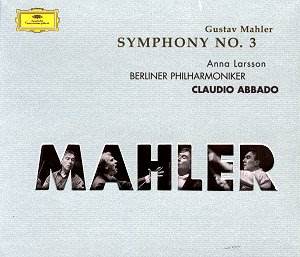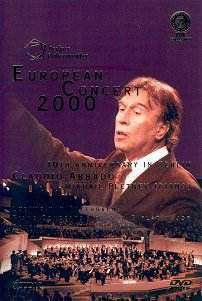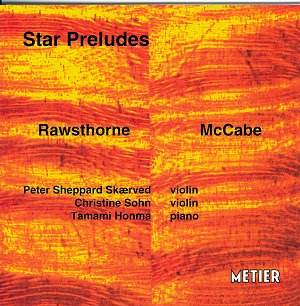 Composer: Gustav Mahler
Composer: Gustav Mahler
Works: Symphony No. 3 in D Minor
Performers: Anna Larsson (Contralto), London Symphony Chorus, City of Birmingham Youth Chorus, Berlin Philharmonic Orchestra, Claudio Abbado
Recording: Live at the Royal Festival Hall, London on 11 October 1999
Label: Deutsche Grammophon
Mahler’s Third Symphony, composed between 1895 and 1896, emerges as a monumental statement, both in its sheer scale and its philosophical ambition. It represents a crucial moment in the evolution of the symphonic form, where Mahler sought to expand the symphony’s expressive capabilities while grappling with existential themes. Claudio Abbado’s 1999 performance with the Berlin Philharmonic, now captured on this live recording, adds a layer of immediacy and emotional depth that only a concert setting can provide. This lush tapestry of sound not only reflects Mahler’s unique voice but also the interpretative nuances of a conductor at the height of his powers.
The opening movement, a sprawling depiction of nature’s raw power, reveals Abbado’s keen understanding of Mahler’s intricate orchestration. The introduction unfolds with a sense of portent, as the Berlin Philharmonic navigates the complex interweaving of voices with an astute balance, albeit occasionally lacking the visceral punch found in performances by Barbirolli or Horenstein. The dynamic contrasts between the pastoral interlude and the subsequent return to the tumultuous themes are handled with elegance, showcasing Abbado’s ability to evoke a vivid emotional landscape. The tension inherent in Mahler’s music is palpable, yet Abbado opts for a more refined approach, one that, while beautifully executed, may not fully capture the youthful exuberance and raw energy that characterizes the symphony’s inception.
The second movement, often overshadowed by its predecessor, receives careful attention from Abbado. He delineates the five-part structure with precision, allowing the nuances of the score to shine through. The Berlin players execute the delicate woodwind passages with finesse, echoing the duality of beauty and danger present in Mahler’s depiction of a summer’s day. This meticulous approach is commendable, as it ensures the movement remains engaging, though it may lack the playful bite of other interpretations, particularly those by Barbirolli, who infuses a more raucous spirit into the proceedings.
As the symphony progresses into the third movement, Abbado maintains a palpable energy, balancing the lyrical and the vigorous. The posthorn solo, while beautifully played, feels somewhat restrained compared to earlier interpretations. The hallmark of Abbado’s style is evident here: a focus on clarity and cohesion, which comes at the expense of some spontaneous exuberance. The transition from the lively scherzo to the reflective fourth movement, featuring Anna Larsson’s rich contralto, is seamless. Larsson’s performance of “O Mensch!” stands out for its emotional depth, capturing the essence of Mahler’s poignant message. Her interpretation, darker and more commanding than her predecessor Jessye Norman, aligns with Abbado’s vision of introspection and gravity.
In the final movement, the culmination of the symphonic journey, Abbado shines with a noble and spiritual reading that elevates the performance. The way he recalls themes from the first movement creates a cyclical sense of unity, binding the vast structure together. The Berlin Philharmonic rises to the occasion, delivering a performance that is both uplifting and contemplative. The engineering of this recording also deserves mention; the remastered sound provides a spatial quality that enhances the listening experience, allowing the listener to appreciate the intricate details of Mahler’s orchestration while maintaining a concert hall atmosphere.
This performance, while not without its shortcomings in terms of raw power and spontaneity, presents a compelling interpretation of Mahler’s Third Symphony. Abbado’s nuanced approach offers a thoughtful perspective that balances the work’s monumental scale with an intimate understanding of its emotional core. For those seeking a modern recording that captures the grandeur and complexity of this symphonic titan, this edition stands out as an excellent choice. Abbado’s interpretation, while perhaps not surpassing the visceral impact of earlier versions, holds its own within the pantheon of Mahler recordings, making it a worthy addition to any collection.



